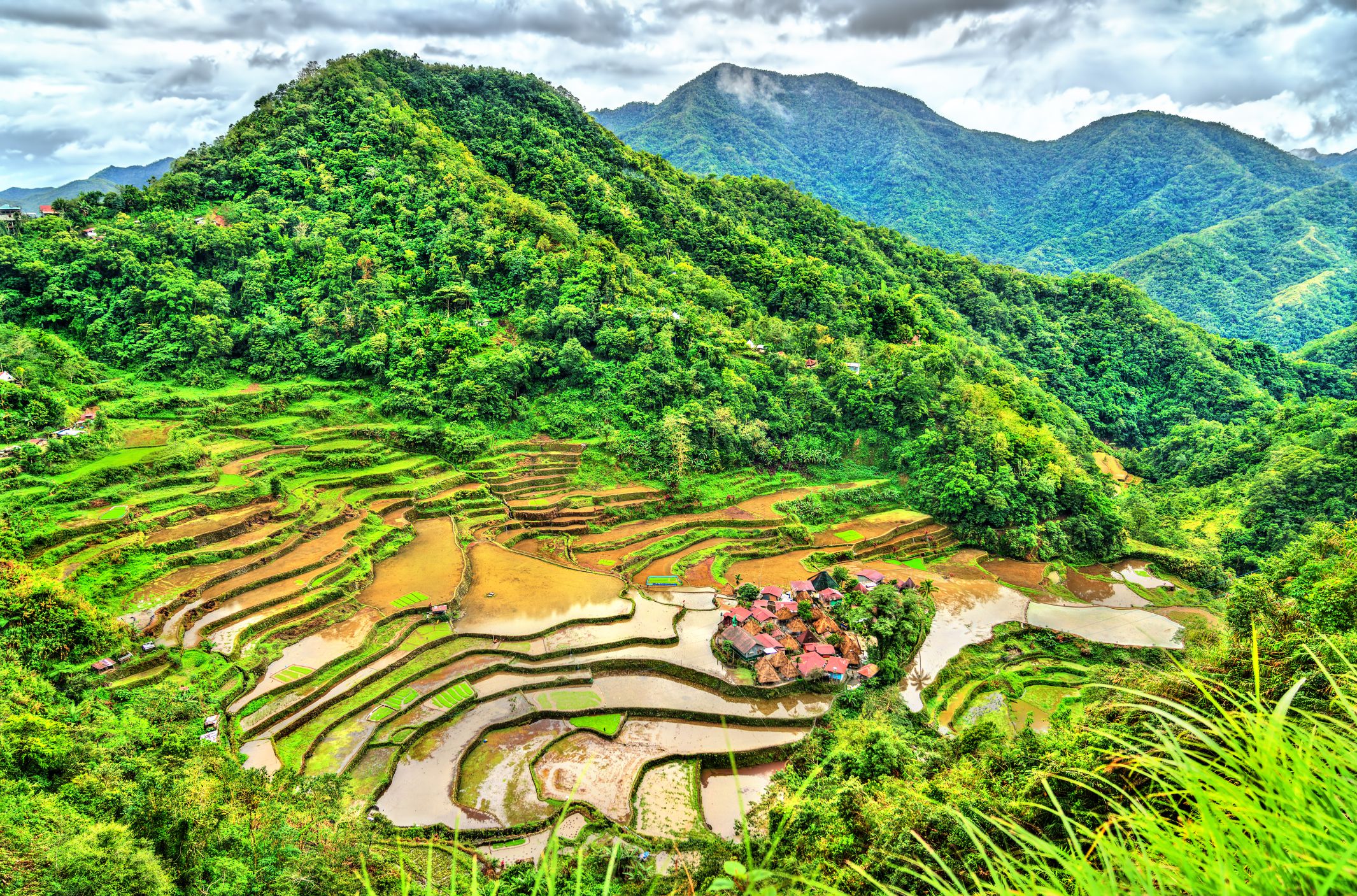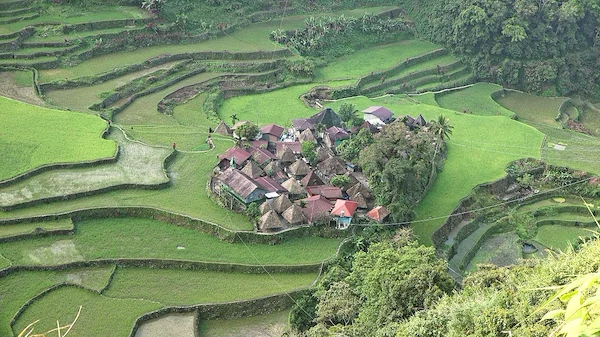
f5e73c48-e988-4104-b2b0-6544a59a23de.jpg?sfvrsn=1be9ad81_1)
31fe638d-0ead-408c-aa6f-2139011726d2.jpg?sfvrsn=f6b00cdb_1)
Outputs and activities:
A Promote local mountain economies by improving the value chains of selected products and including them in the MPP scheme
A 1 Establish a project management committee with representatives of DoT-CAR, MPS, and Slow Food to ensure project is consistent with the DoT-CAR national priorities and MPP initiative and the SF Travel model;
A 2 Product identification and value chain analysis: map and select products to be included in the MPP initiative;
A 3 Organize production training activities on required agroecological practices and Slow Food methodologies as identified during the mapping exercise A2;
A 4 Organize product value chain training activities of the selected products as identified during the mapping exercise A2;
A 5 Draft the MPP narrative labels of all selected products included in the MPP initiative.
B Improve market access for selected products sourced from the Cordillera region, by promoting use by chefs and sale by specialist food businesses and establishments/outlets at local and national market levels
B 1 Develop frameworks for cooperation between small scale producers, specialist food businesses and establishments/outlets and tourism stakeholders (SF + DoT create this in collaboration with stakeholders);
B 2 Develop a network of chefs committed to use local sustainable, biodiverse and traditional products and value added techniques;
B 3 Organize presentations in one local (tbd), one national (@ WOFEX Manila) and one international (Terra Madre Salone del Gusto 2020) events that promote the Benguet and Ifugao Provinces, their gastronomy and the selected MPP products;
B 4 Organize at least 2 workshops to strengthen technical, entrepreneurial and marketing expertise capacities of local stakeholders.
C Promote a sustainable tourism model for the Cordilleras by promoting sustainable food systems as drivers for sustainable tourism in mountain regions
C 1 Identify and map relevant stakeholders along the tourism value chain to be involved in the project;
C 2 Organize awareness-raising activities involving stakeholders, consumers and visitors on the importance of sustainable production and consumption for local development, including the consumption of local sustainable products, and the local gastronomic diversity and heritage;
C 3 Promote the provinces of Benguet and Ifugao in the Cordilleras in one national (Madrid Fusion), one regional (WOFEX) and one international (WTO Gastronomic Forum) event/forum/fair to increase attention towards gastronomic tourism in the Cordillera (including communication material);
C 4 Identify and validate a series of half, one day and/or two day sustainable local food tourism experiences based on the gastronomic heritage of the Cordilleras.

ASSUMPTIONS:
Activities in the workplan that need to be implemented by DoT-CAR to support the project:
A 5 Draft the MPP narrative labels of all selected products included in the MPP initiative.
B 4 Organize at least 2 workshops to strengthen technical, entrepreneurial and marketing expertise capacities of local stakeholders.
C4 Identify and validate a series of half, one day and/or two day sustainable local food tourism experiences based on the gastronomic heritage of the Cordilleras.
Additional support to be provided by DoT-CAR:
1. Provide support to the initiative at the local, national and international level to enhance visibility of the project and to raise potential interest to expand to other regions.
2. Promote the Philippines as a pro-active champion country for sustainable mountain development
3. Engage Universities of Benguet State and Baguio University to collaborate/be a partner of the project, including access to conducted research and involvement with the mapping exercise on issues of food biodiversity and indigenous agroecology
4. Undertake capacity building workshops with farm stays, sustainable tourism/service accreditation in order to comply with local and / or national programmes and/or legislation
5. Assist/liaise with local authorities/ stakeholders including tour operators, accommodation businesss including farm stays, entrepreneurs and marketing expertise for trainings and workshops
6. Promotional support and dissemination of communication information and materials created for the project through national tourism networks and channels
Additional in-kind contribution by Slow Food to support the project:
1. International and national publicity of the project– website/social media
2. Training/education and involvement in programs starting from Terra Madre 2018 (pre project)
3. Promotion of project at Terra Madre starting from 2018 (pre project)
4. Involvement of the Philippines in Slow Food’s global chefs alliance
5. Strengthening Ark of Taste and Presidia in the Philippines
6. Co-ordination of Slow Food’s network in the Philippines to achieve project outcomes
7. Involvement and support by Slow Food’s global network
8. Provide additional staff support and expertise as needed (eg graphic designers, communications staff, administrative etc etc)
Note: Food & Tourism for Fragile Ecosystems is the collective name of all Coalition for Fragile Ecosystems (COFE) demonstration projects. Each project is tailored to the needs of a specific country and area of intervention but all projects share a common focus: the synergy between sustainable tourism and sustainable food systems. At the same time, they promote healthy and balanced diets by strengthening the traditional food systems in combination with innovative dietary elements. They connect small-scale producers with tourism service providers and relevant institutions. Specific attention is given to women, youth and indigenous people’s small enterprises and cooperatives. Building upon the MPP initiative, they help promote high-quality local products and allow visitors to discover and support unique biodiversity while safeguarding indigenous foods and boosting local economies. All projects are developed in collaboration with the relevant national and local governments and with the technical assistance of other members of the Coalition that can provide the needed expertise, such as Slow Food international, Sustainable Travel International and many others.